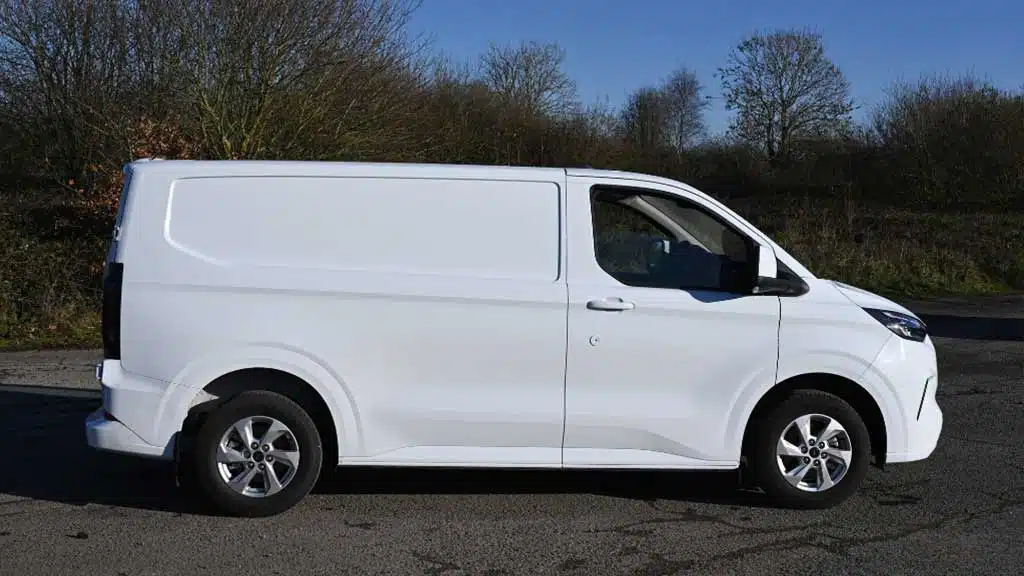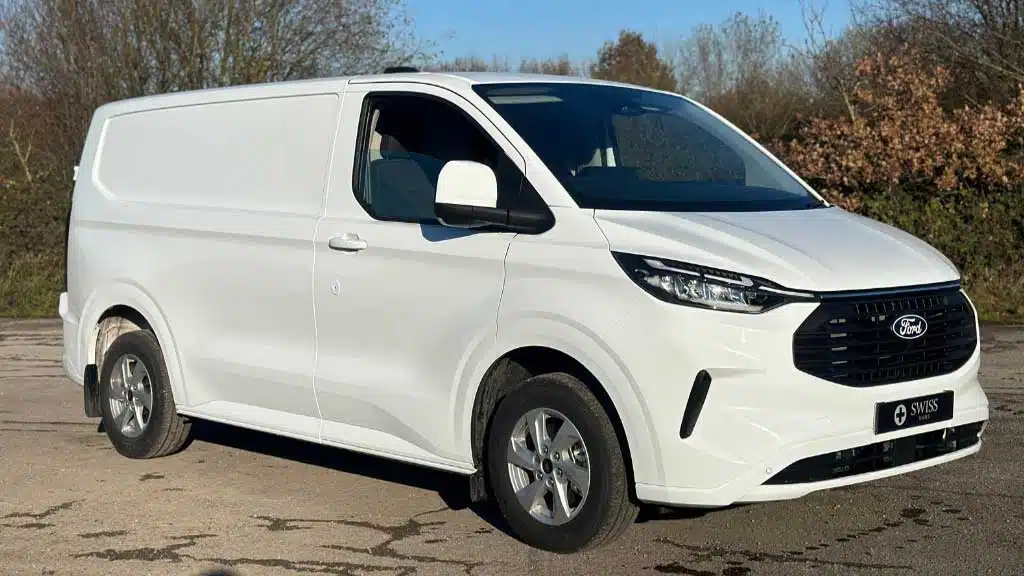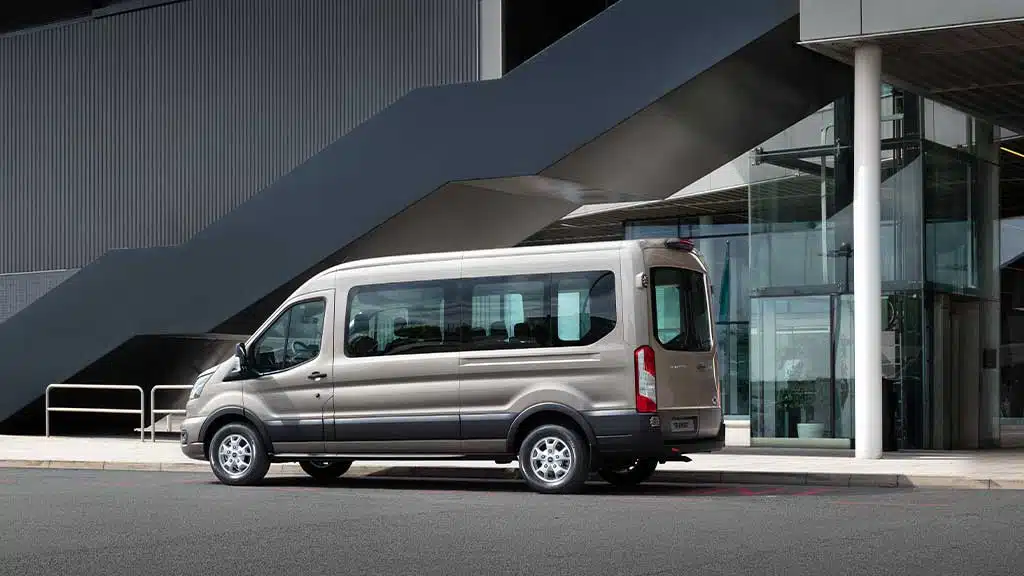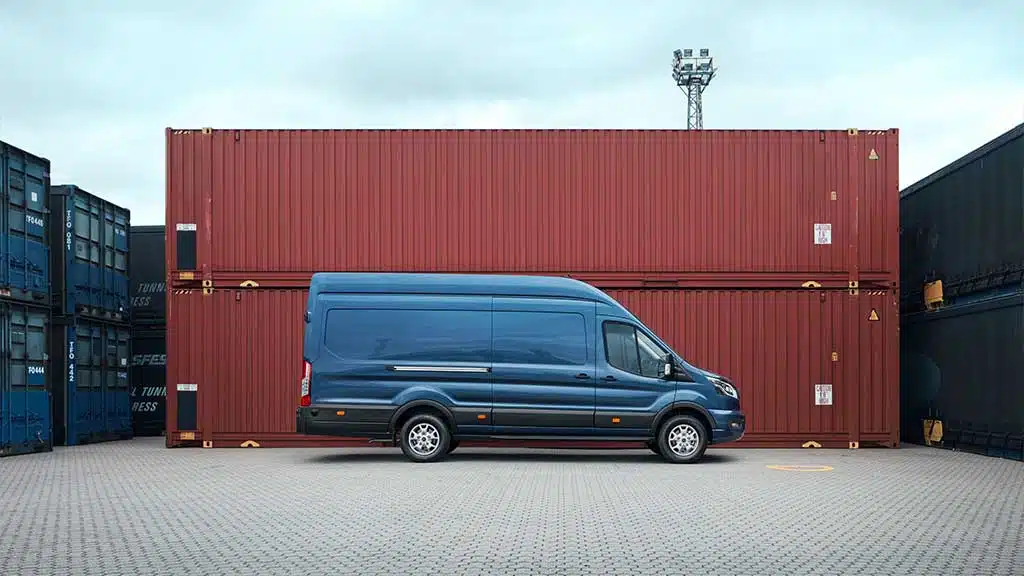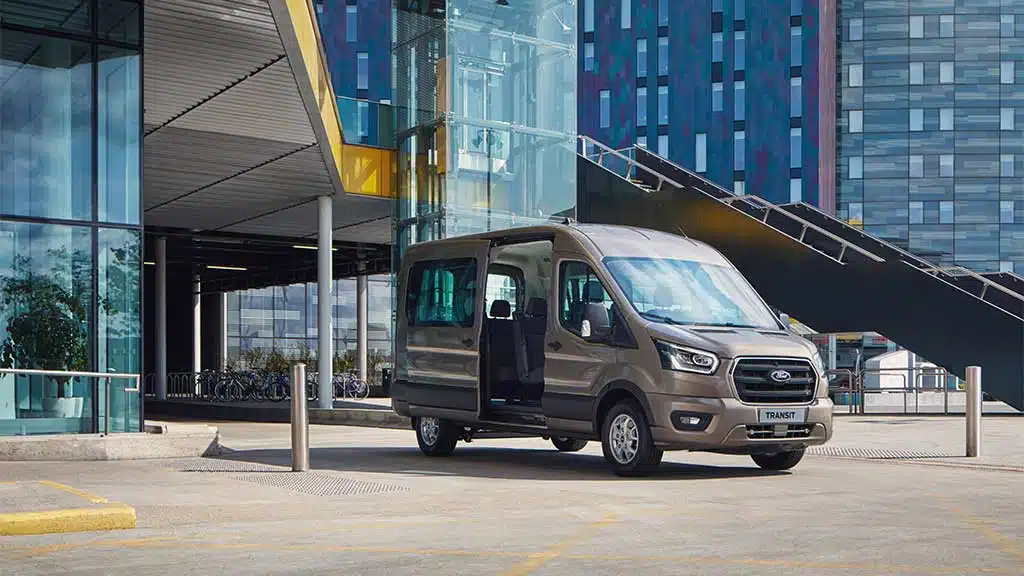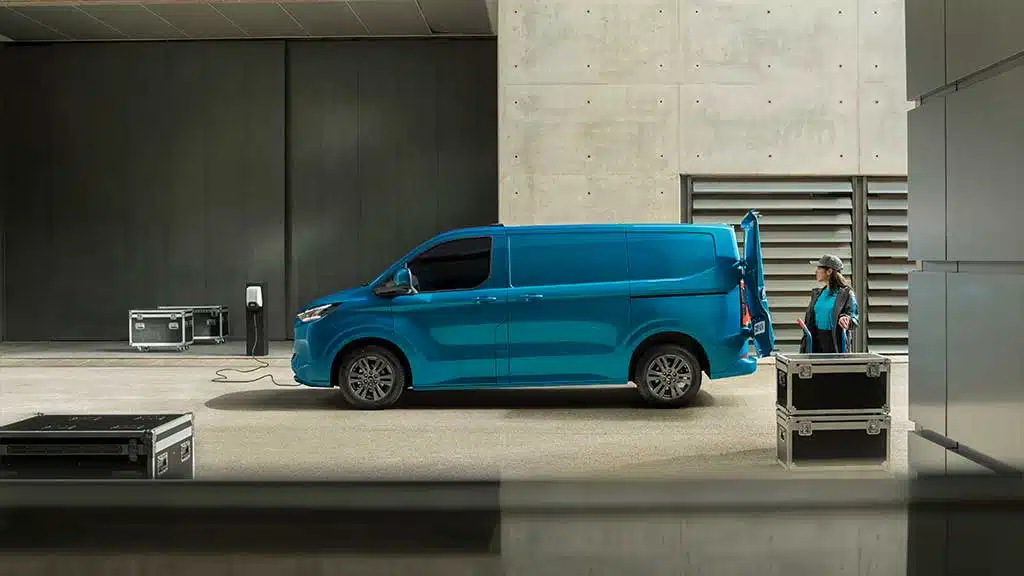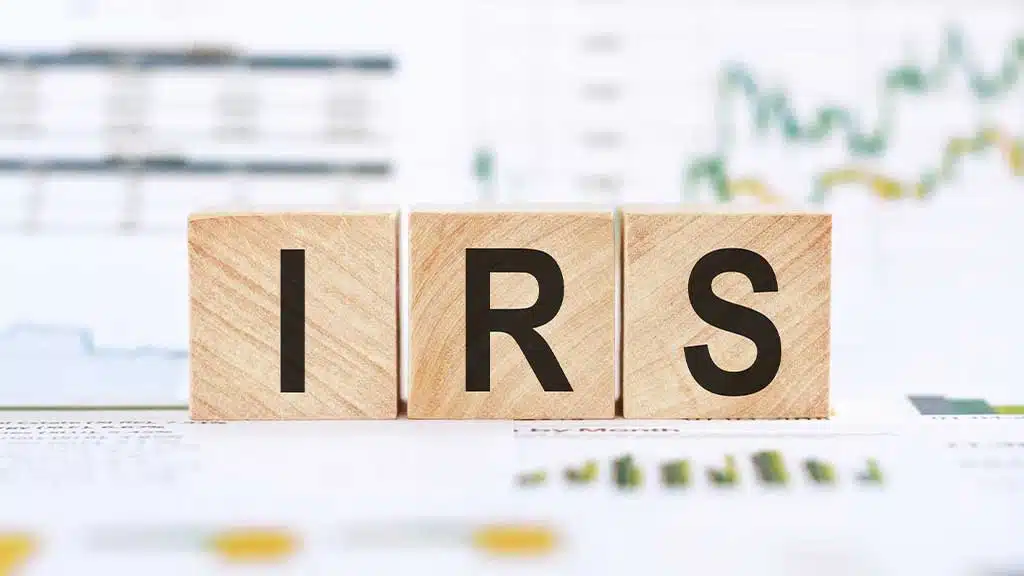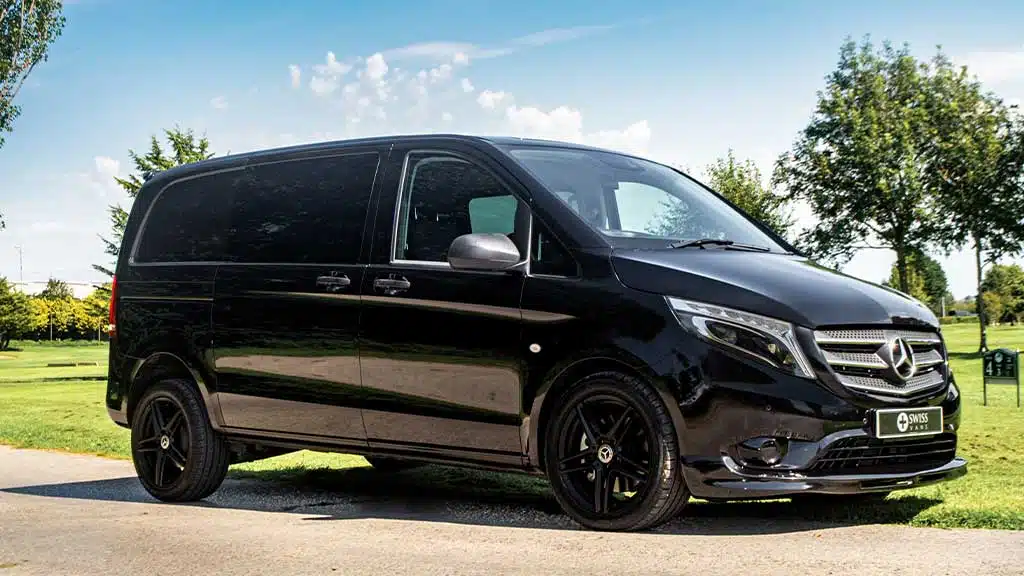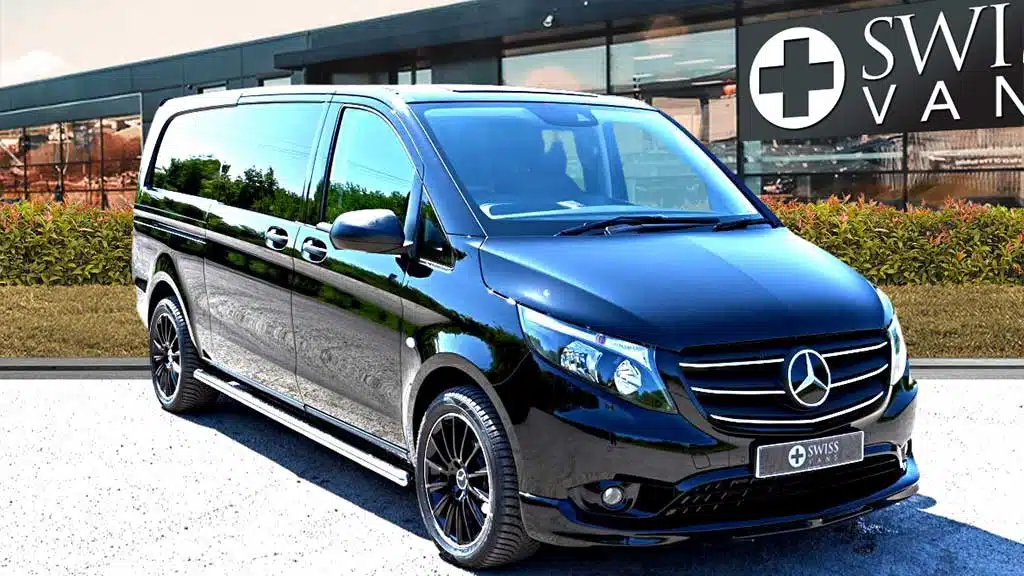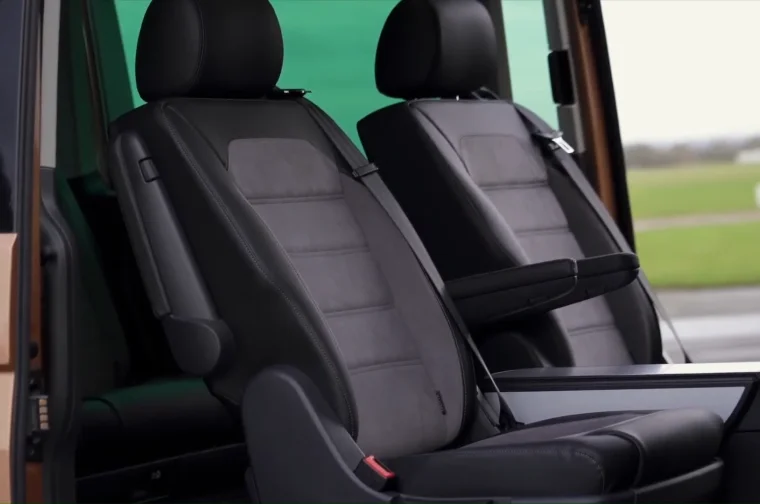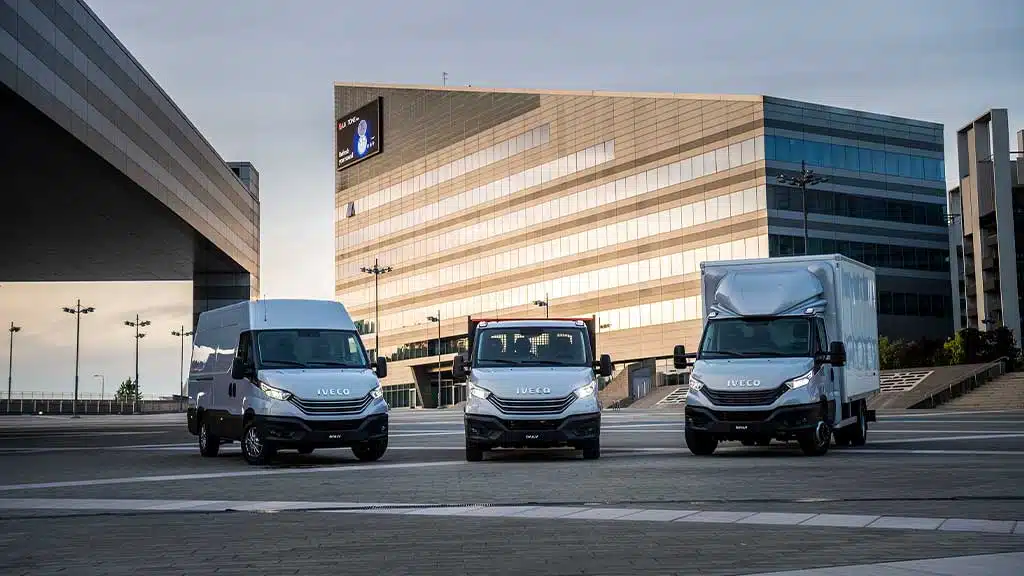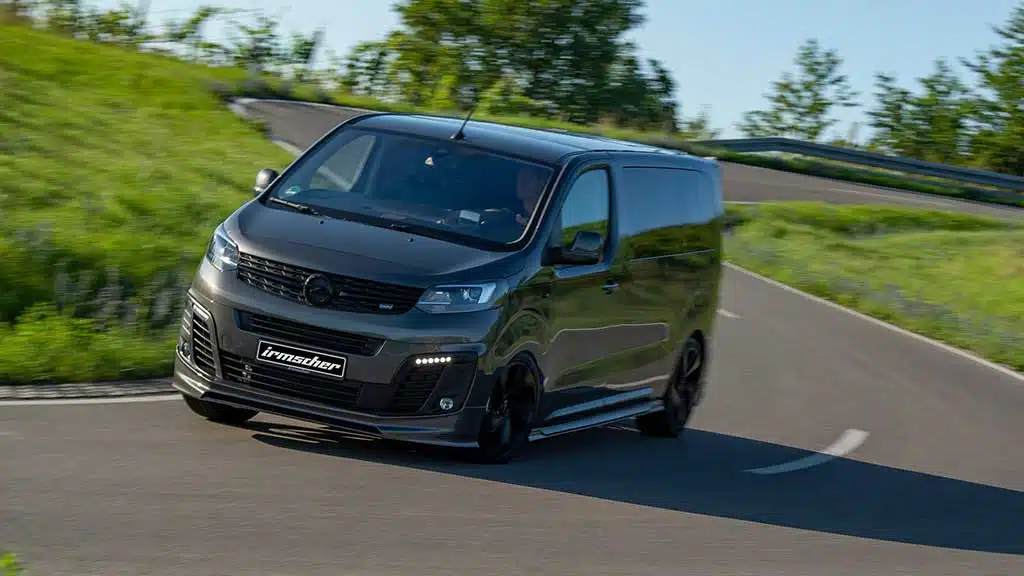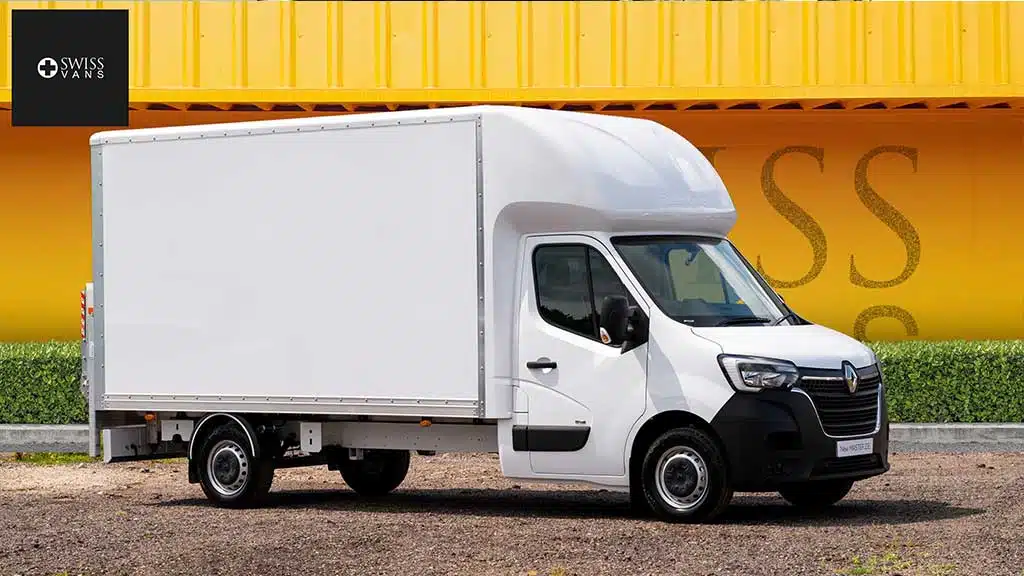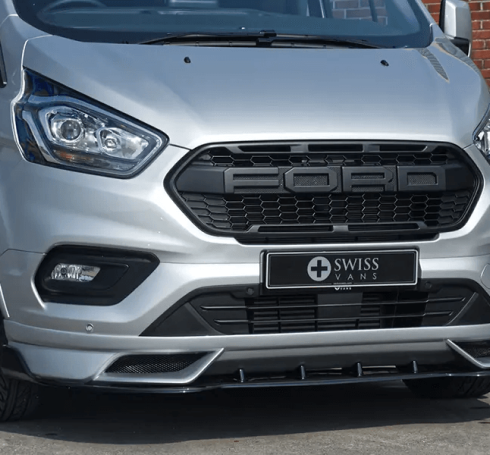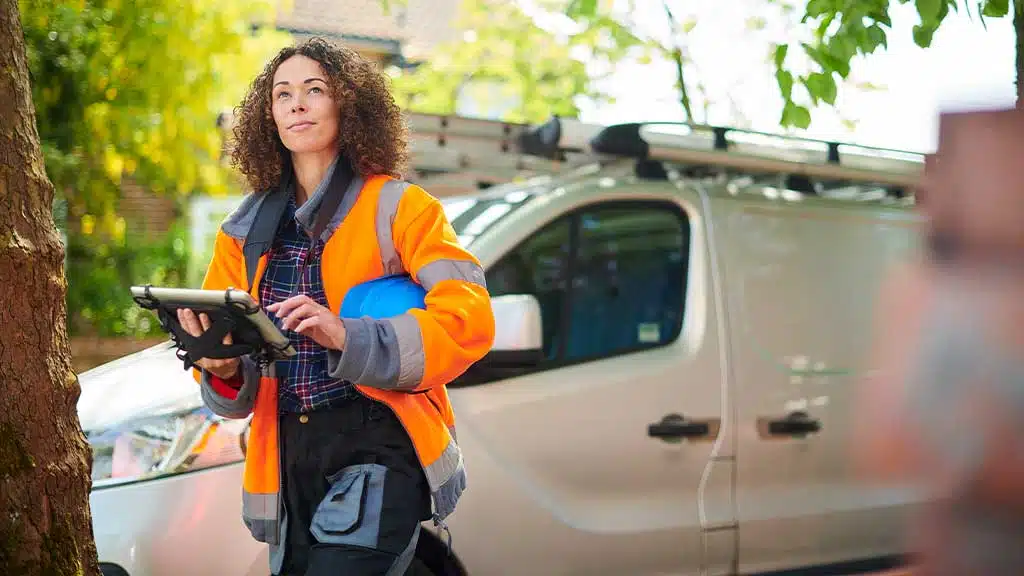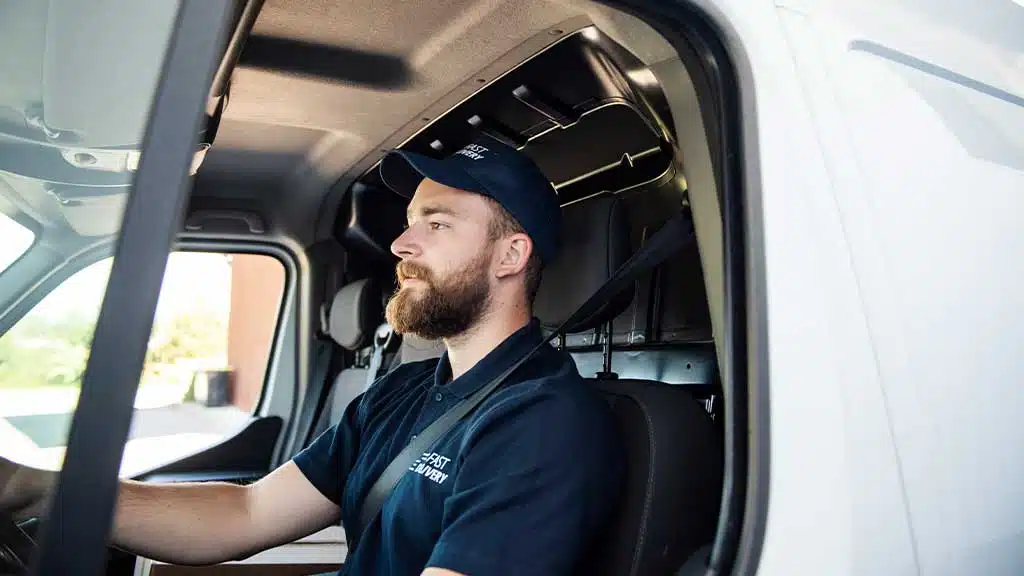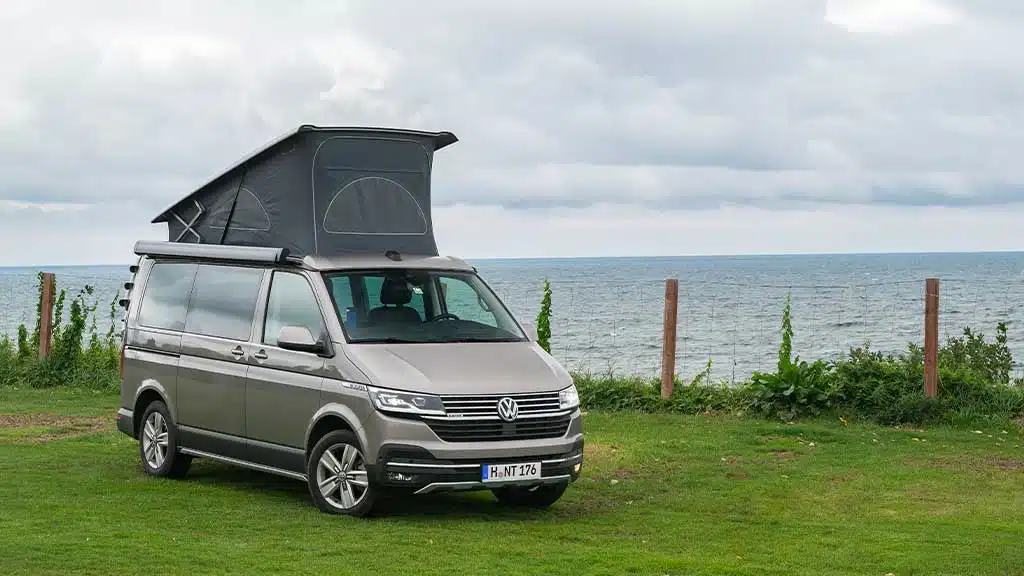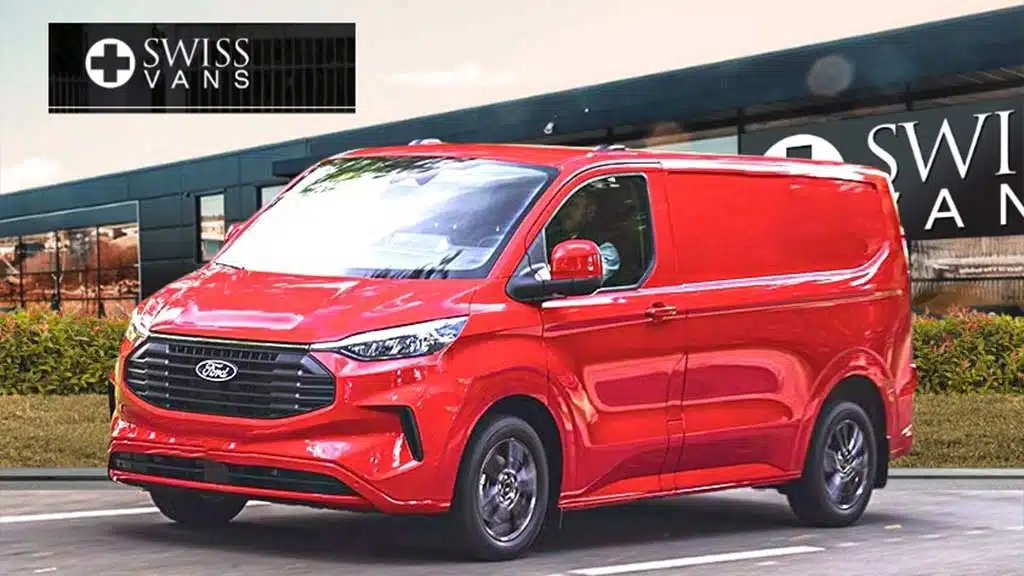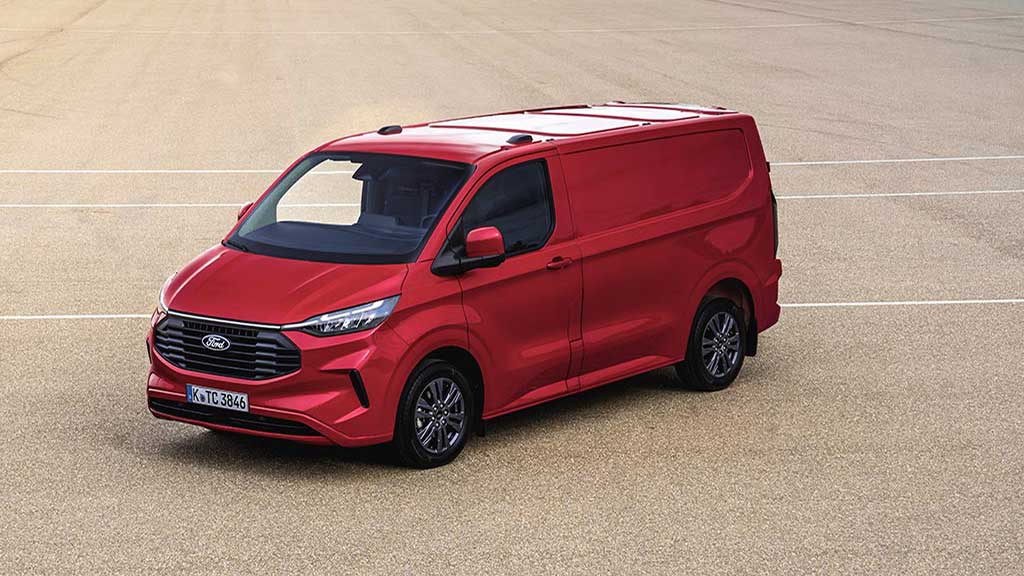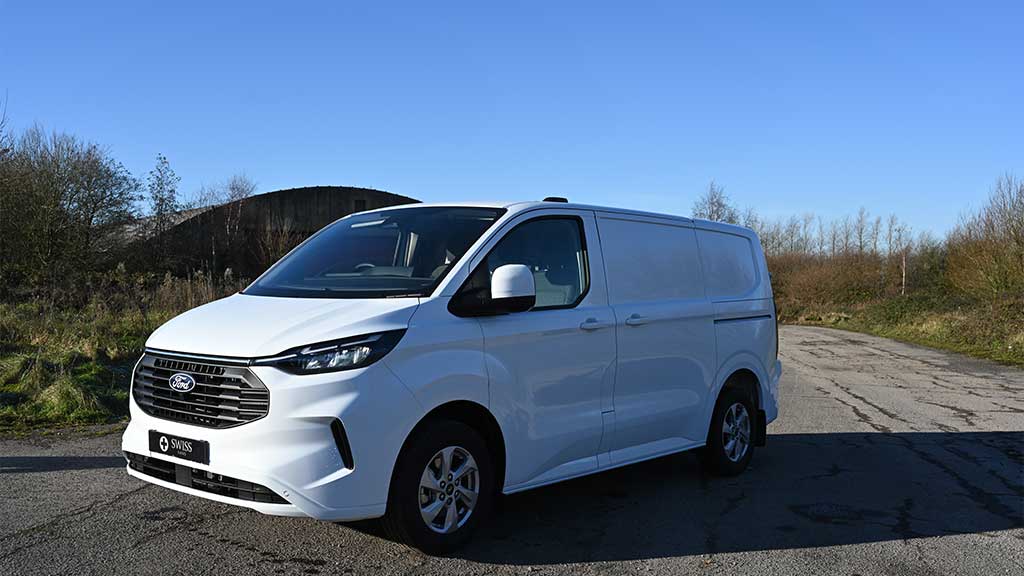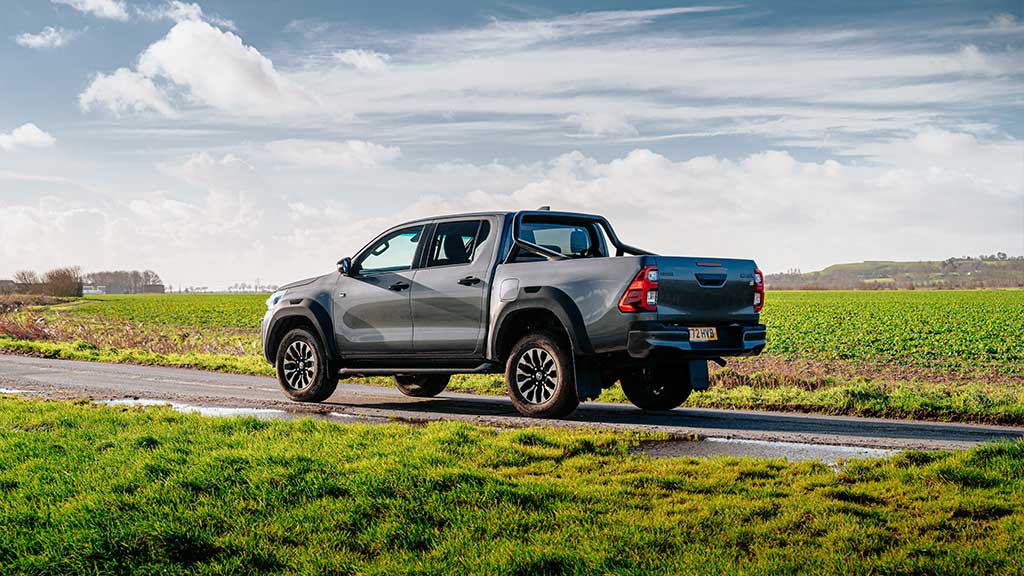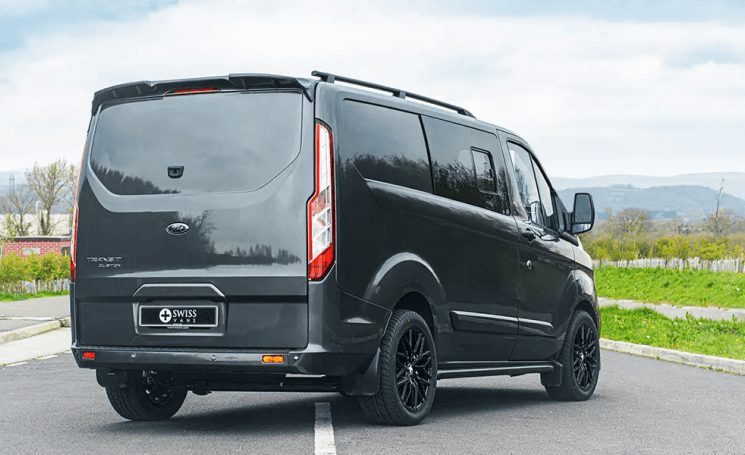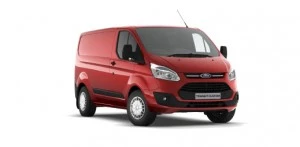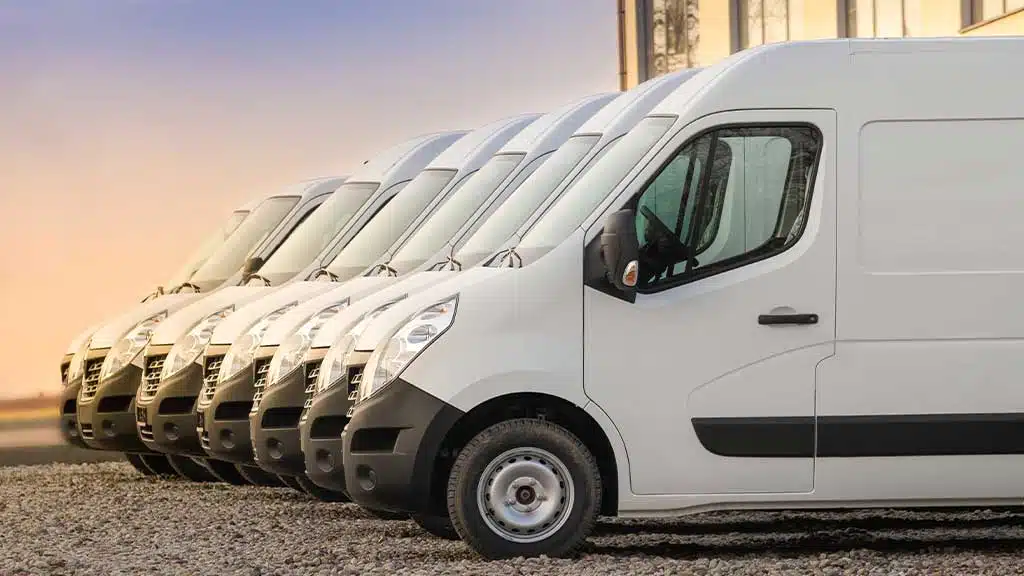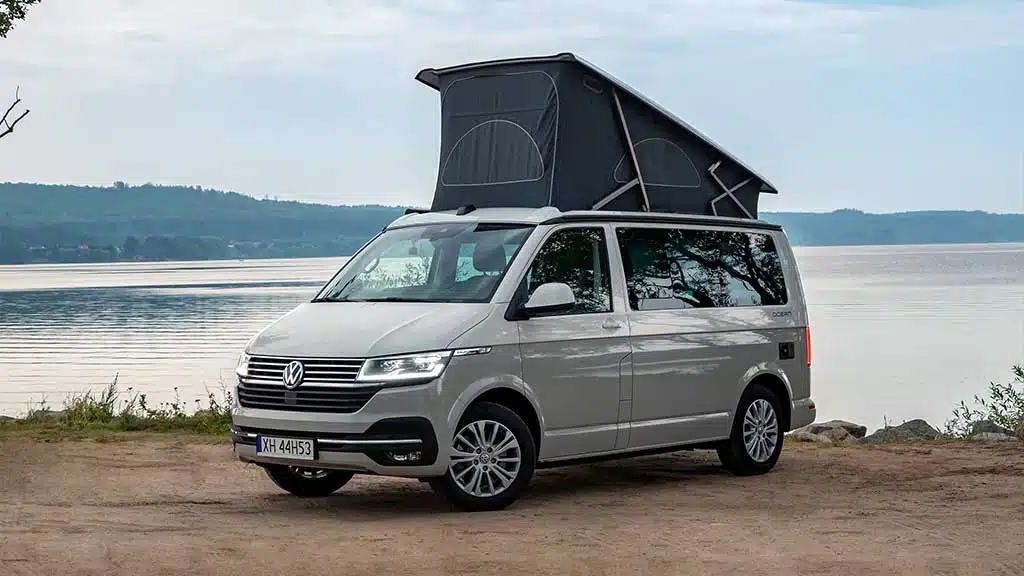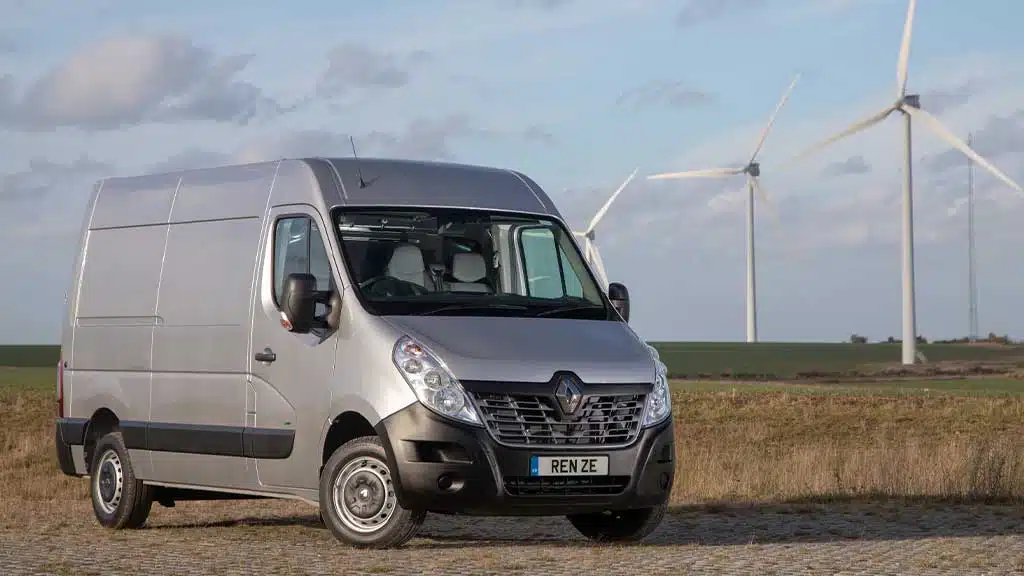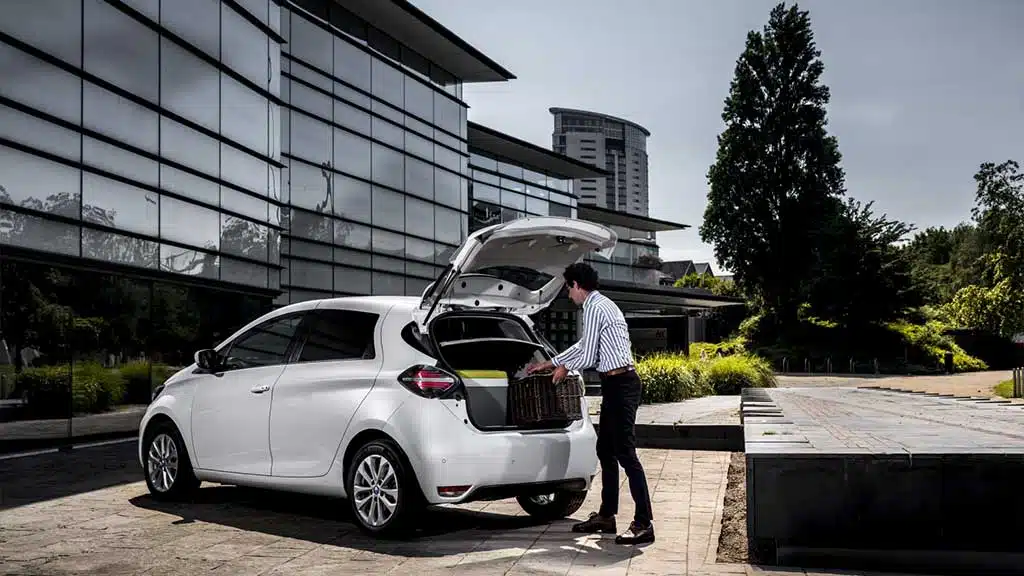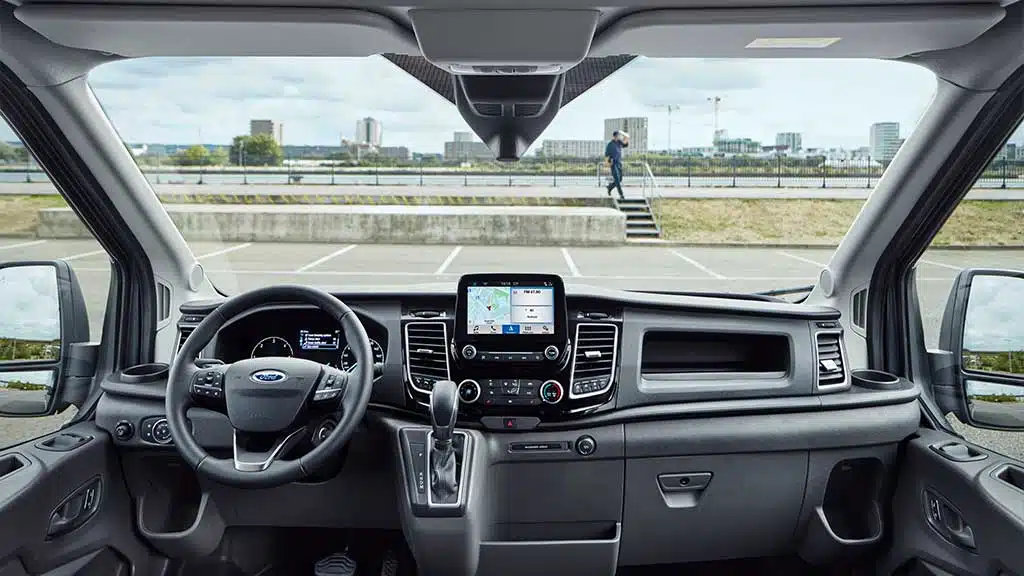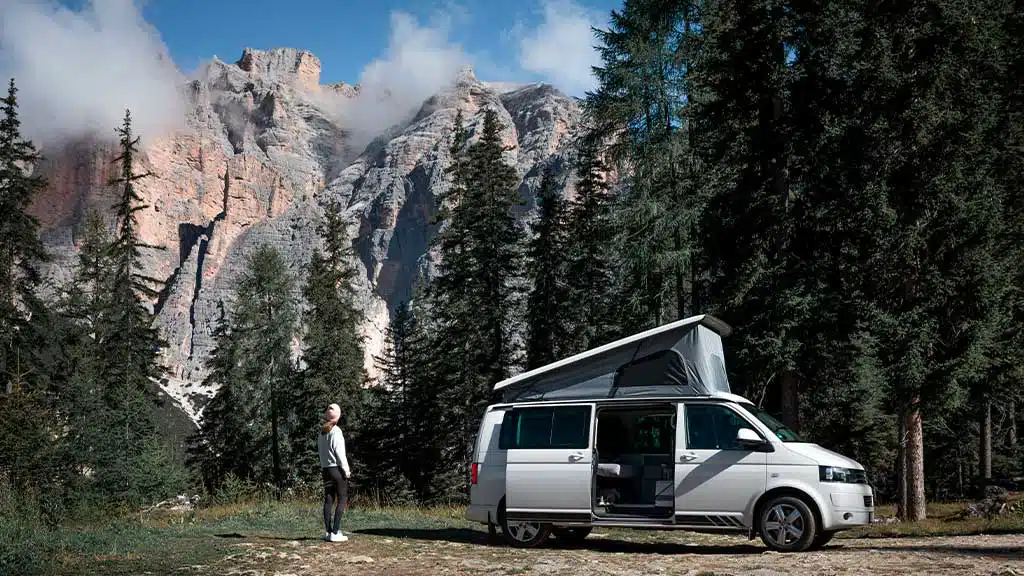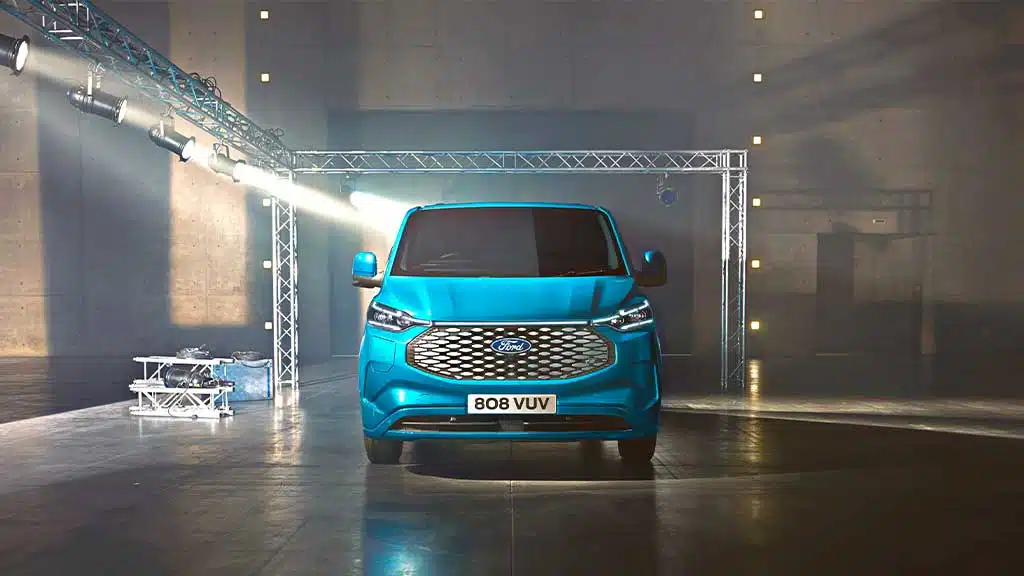Confused about whether you should buy or lease a van? If your business relies on transportation, this is one of the most crucial decisions and could have vast implications for years to come. Needless to say, you should try to know as much about the pros and cons of buying and leasing to reach the right conclusion.
In this article, we’ll compare both options in great detail to eliminate all the confusion. Rest assured, by the end of this post, you’ll be ready to make a decision. But before we start comparing them, let’s take a quick look at what is van leasing so that we’re on the same page.
What Does Van Leasing Mean?
Van leasing is a popular alternative to purchasing a vehicle. When you lease a van, you (the lessee) sign an agreement with the leasing company (lessor) for using the van for a specific duration, typically 2-5 years. In return, you make monthly payments to the company. As a lessee, you’re not the legal owner of the vehicle but the agreement gives you the right to use it for the lease term. You can read our blog if you’re interested to know the process of how van leasing works.
It is also worth noting that most cheap used van leasing agreements have a mileage cap of 12,000-15,000 miles a year. The monthly payments rise if you select higher annual mileage. The lessees must pay for extra miles if the yearly limit is surpassed.
Typically, there are two types of vehicle leasing-
- Operating Lease
With an operating lease, the lessee pays for using the vehicle and the lessor holds the ownership. Repairs, insurance, and maintenance are generally included in the lease agreement.
- Finance Lease
With a finance lease, the lessee has the ownership risk and is responsible for the van’s repairs, insurance, and maintenance. At the end of the lease, the lessee is provided the option to purchase the vehicle.
Buy or Lease a Van? Consider These Factors

With the basics of van leasing explained, we’ll now explore some key factors crucial to making a selection between leasing and buying.
1. Cost Considerations
Let’s start with the elephant in the room- cost. You are a business owner and it is crucial for you to manage your capital effectively, especially when you’re running a small business with a limited cash flow. Van purchase requires substantial upfront investments, including a down payment and financing. And the cost rises substantially if you don’t need one or two but a fleet of vans.
On the other hand, van leasing cost is significantly lower. It does not involve any considerable upfront investments as the lessee pays for using the vehicle on a monthly basis throughout the lease term.
Here are some other cost considerations you should know about-
Depreciation and Resale Value
When you purchase a van or a car, you have to assume responsibility for its depreciation. As the vehicle will age, its value decreases. Try reselling it after a few years and it’ll be significantly lower than the purchase cost.
But this is not the case with leasing as you’re not the owner of the vehicle. Lessees don’t have to worry about vehicle depreciation or fluctuating resale value.
Maintenance and Repairs
With purchasing, there is also the additional burden of regular van maintenance and repairs. Depending on the vehicle you’ve chosen and how much it is used, this could be hundreds or even thousands of dollars a year.
Company van leasing agreements generally include warranties to reduce maintenance expenses. Moreover, lessees are also provided various insurance coverage options to minimize the risks further. As long as the van is returned in decent condition without any major damage at the end of the lease tenure, lessees don’t have to worry about any additional expenses.
Tax Implications

In the US, there can be tax benefits for both leasing and purchasing a van. With a van purchase, there can be tax deductions on interest payments, maintenance costs, and depreciation.
On the other hand, lease payments can be tax-deductible as a business expense. As the tax rules vary between states and for a specific business, you can consult with a tax advisor or accountant for more information on this matter.
2. Business Needs and Usage
You should also assess your business needs and usage patterns to decide whether you should purchase a new van or lease used van. Aspects like the nature of your business, the distance and frequency of your trips, and specific industry needs deserve your attention.
Here are some other factors related to business needs and usage-
Branding and Customization
If the business requires specific customization to the van or branding, buying can be a better option than leasing. As the purchase will make you the legal owner of the vehicle, you have complete freedom to modify it the way you want to ensure alignment with operational requirements and brand identity.
With leasing, the customization options are limited as you’ll be returning the van to the leasing company at the end of the tenure.
Mileage Restrictions
As mentioned, lease agreements generally come with mileage limits, and exceeding the limit results in additional per mileage charges. So, if you cannot predict how much the van will travel in a year, you can consider purchasing it.
But if the usage is predictable and limited, you can proceed with leasing the van as it’ll prove highly cost-effective.
Changing Business and Technology Trends
The decision between whether you should buy or lease a van also depends on the industry you operate in and how it is impacted by modern technologies.
![]()
For instance, there are industries like passenger transportation, delivery services, logistics, etc., that heavily rely on the latest improvements in vehicle technologies. In such cases, leasing can be a better choice as it allows you to easily switch between vehicles with the latest features.
But when you purchase a van, you’ll use it at least for 5-7 years. The only option to upgrade to a new vehicle will be to make another purchase or spend on expensive modifications.
Business Scalability
Whether you’re self-employed, a sole trader, or run a full-fledged company, you should evaluate your changing business needs to choose between leasing and purchasing. Self-employed van lease can be a better alternative to buying if you anticipate fluctuations in the fleet size as your business grows.
It’ll provide you with the flexibility to adjust the fleet size according to the changing business needs. But if you have a stable business with predictable transportation requirements, you can go ahead with the purchase.
3. Long-Term Cost and ROI
This is one department where buying can prove to be a better option. While there is no denying that purchasing requires a significantly higher upfront investment, there are no monthly payments once you’ve repaid the loan. In the longer run, this can provide major cost savings. Also, when you sell the van in the future, you’ll be able to recover some of the investment.
But if you go with leasing, there will always be a monthly payment. Over longer lease terms, these payments can eat into your capital. So, when making the decision, compare the lease payments for the duration you’d like to lease the vehicle with the purchase cost of the same van for more clarity.
4. Van Ownership
Another significant advantage of van purchasing over leasing is ownership. Any purchased vehicle is your company asset which can also work as collateral or even be sold in the future. You have complete freedom to modify or customize the van according to your business needs.
But while van purchase offers the ownership right, business, self-employed or sole trader van leasing is more flexible. As lease agreements are for a shorter duration, it is easier for businesses to upgrade to the latest vans. You can try out various van models to select one that best matches your business needs.
Buying or Leasing a Van: Overview
So, is it better to lease or buy a car or van? Here’s a quick overview-
| Factors | Buying a Van | Leasing a Van |
| Cost | Higher upfront costs | Lower upfront costs |
| Ownership | Complete ownership | No ownership |
| Flexibility | Usage and customization flexibility | Limited customization options and mileage restrictions |
| Long-term Costs | Potentially cost-saving in the long run | Ongoing monthly payments |
| Tax Implications | Potential tax deductions | Lease payments might be tax deductible |
| Maintenance and Repairs | Responsible for all the maintenance and repairs | Often covered in maintenance packages and warranties |
| Technology Advancements | No access to newer and improved van models | Easily switch between the latest models with a shorter lease agreement |
| ROI | Resale value potential | No return on investment |
Leasing or Buying a Van: Time to Make a Decision
As can be seen, we’ve covered all the important factors you should look into to decide whether to buy or lease a van. The detailed explanation of all the factors should definitely make the selection easier.
If you decide to lease the van, look for a reputable leasing company with a vast collection of business-ready vans.
Closely go through the lease agreement to avoid any discrepancies in the future and check the maintenance and warranty packages offered by the company. While these packages will slightly increase the leasing cost, they can help you save a lot of money in case the leased van is severely damaged.



